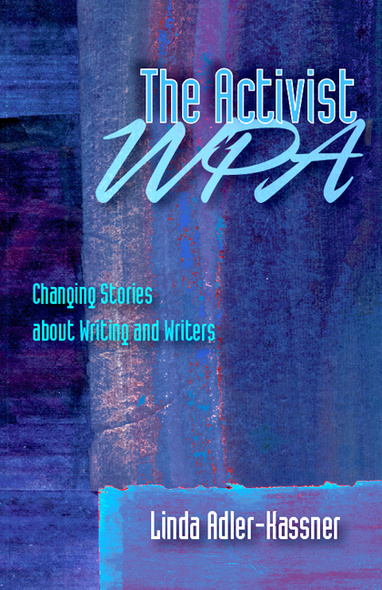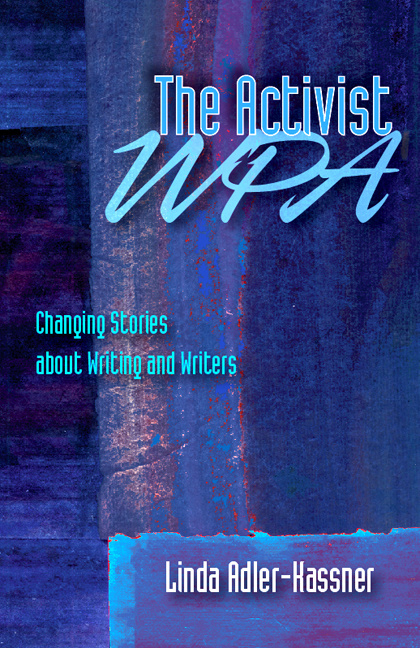Activist WPA, The
Changing Stories About Writing and Writers
Utah State University Press
One wonders if there is any academic field that doesn’t suffer from the way it is portrayed by the media, by politicians, by pundits and other publics. How well scholars in a discipline articulate their own definition can influence not only issues of image but the very success of the discipline in serving students and its other constituencies. The Activist WPA is an effort to address this range of issues for the field of English composition in the age of the Spellings Commission and the No Child Left Behind Act.
Drawing on recent developments in framing theory and the resurgent traditions of progressive organizers, Linda Adler-Kassner calls upon composition teachers and administrators to develop strategic programs of collective action that do justice to composition’s best principles. Adler-Kassner argues that the “story” of college composition can be changed only when writing scholars bring the wonders down, to articulate a theory framework that is pragmatic and intelligible to those outside the field--and then create messages that reference that framework. In The Activist WPA, she makes a case for developing a more integrated vision of outreach, English education, and writing program administration.
Drawing on recent developments in framing theory and the resurgent traditions of progressive organizers, Linda Adler-Kassner calls upon composition teachers and administrators to develop strategic programs of collective action that do justice to composition’s best principles. Adler-Kassner argues that the “story” of college composition can be changed only when writing scholars bring the wonders down, to articulate a theory framework that is pragmatic and intelligible to those outside the field--and then create messages that reference that framework. In The Activist WPA, she makes a case for developing a more integrated vision of outreach, English education, and writing program administration.
What I most like and admire about this book is how Linda Adler-Kassner brings everything she is as a person--activist, scholar, teacher, pragmatist--to bear upon the work she does as a WPA. In doing so, she shows us how our programs can become places to enact the call of tikkun olam--to help mend the world through reframing the ways we talk about students, teachers, and writing.
Joseph Harris, Duke University





